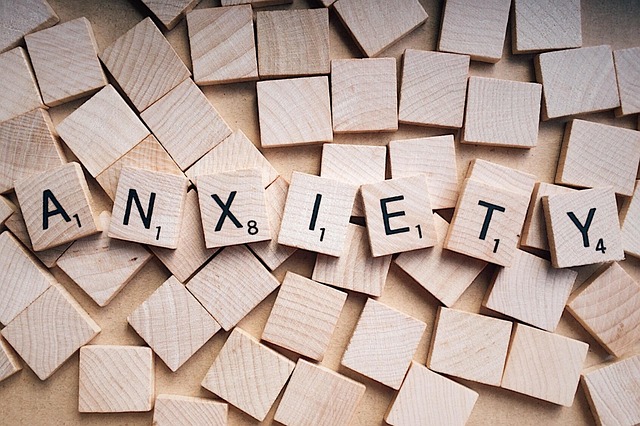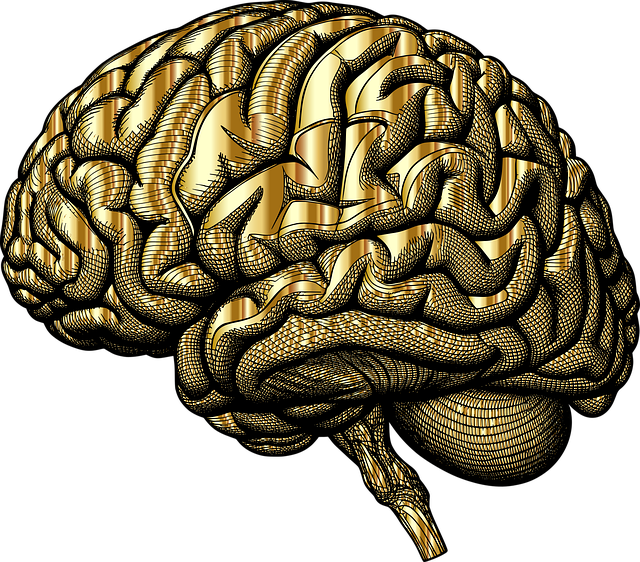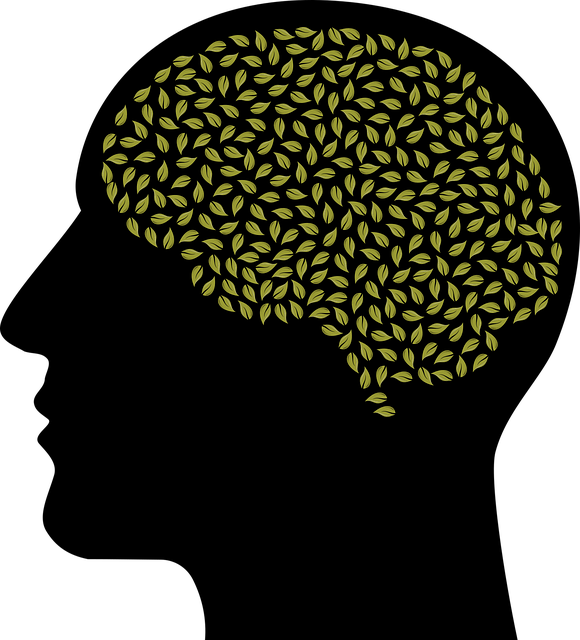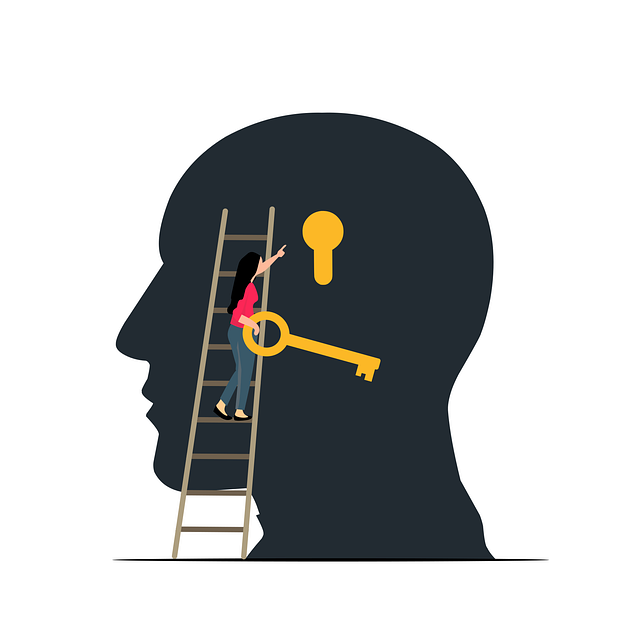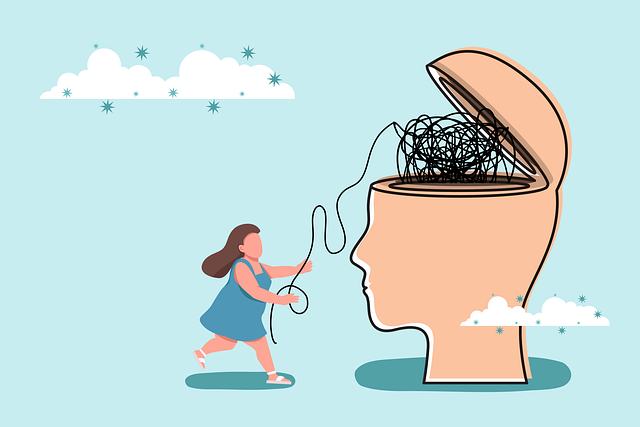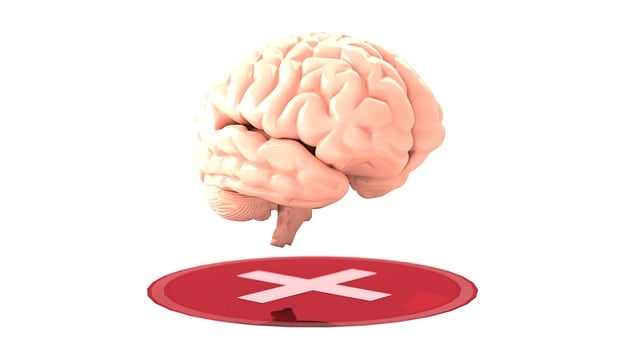Lafayette Autism Spectrum Disorder (ASD) therapy groups thrive on inclusive environments, adaptability, and specialized techniques. Crisis intervention, burnout prevention for healthcare providers, and mental health education programs empower participants with coping strategies. Interactive activities like games, role-playing, art therapy, and mindfulness meditation foster open communication, emotional expression, and social skills. These methods improve stress management, emotional regulation, and overall mental wellness in Lafayette ASD therapy settings.
In the heart of Lafayette, Autism Spectrum Disorder (ASD) therapy groups play a pivotal role in fostering mental wellness. This article delves into the intricate dynamics and powerful facilitation techniques shaping these supportive spaces. We explore strategies tailored for Lafayette ASD groups, focusing on creating safe havens where members can thrive. Through engaging activities and evidence-based practices, facilitators enhance emotional well-being, promote social connections, and ultimately revolutionize mental health support in the Lafayette community.
- Understanding Mental Wellness Group Dynamics for Lafayette Autism Spectrum Disorder Therapy
- Facilitation Techniques to Foster Safe and Supportive Spaces in Lafayette ASD Groups
- Engaging Activities and Strategies to Enhance Mental Wellness in Lafayette Autism Spectrum Disorder Therapy Groups
Understanding Mental Wellness Group Dynamics for Lafayette Autism Spectrum Disorder Therapy

Facilitating mental wellness groups requires a nuanced understanding of group dynamics, especially when catering to individuals with Autism Spectrum Disorder (ASD), as seen in Lafayette Autism Spectrum Disorder Therapy programs. Group members bring diverse experiences and communication styles, necessitating facilitators to adapt their approaches for inclusive participation. By fostering an environment that encourages open dialogue, respects individual boundaries, and promotes peer support, therapists can enhance the therapeutic benefits of these groups.
Effective facilitation techniques include employing Crisis Intervention Guidance to navigate intense emotions, integrating Burnout Prevention Strategies for Healthcare Providers to ensure sustainable support, and designing Mental Health Education Programs that raise awareness and challenge stereotypes. These methods not only strengthen group cohesion but also empower members with coping strategies tailored to their unique needs. Understanding these dynamics is key to creating a supportive space where every individual feels heard and valued, ultimately enhancing the effectiveness of therapy in Lafayette Autism Spectrum Disorder Therapy settings.
Facilitation Techniques to Foster Safe and Supportive Spaces in Lafayette ASD Groups

Creating a safe and supportive environment is paramount for effective Lafayette Autism Spectrum Disorder (ASD) therapy. As a group facilitator, employing specific techniques can foster an inclusive atmosphere that encourages open communication and emotional expression among participants. One powerful tool is Mindfulness Meditation, which helps individuals develop present-moment awareness and self-acceptance, thereby improving their ability to manage stress and regulate emotions. This practice promotes calmness and creates a sense of peace within the group dynamic.
Additionally, integrating Mental Health Education Programs Design tailored to ASD can provide valuable insights into the unique challenges faced by individuals on the spectrum. By educating both facilitators and participants about emotional regulation strategies, social interaction dynamics, and self-care practices, these programs empower everyone involved. Such education breaks down barriers, enhances understanding, and ultimately strengthens the support system within Lafayette ASD therapy groups, fostering a nurturing environment where every individual feels valued and heard.
Engaging Activities and Strategies to Enhance Mental Wellness in Lafayette Autism Spectrum Disorder Therapy Groups

In facilitating therapy groups for individuals with Lafayette Autism Spectrum Disorder (ASD), engaging and interactive activities play a pivotal role in enhancing mental wellness. These sessions often incorporate creative strategies to foster open communication, build social skills, and promote emotional understanding among group members. For instance, structured games and role-playing scenarios can help participants navigate social interactions, while art therapy provides a safe outlet for self-expression and reflection. Such activities not only make therapy more enjoyable but also encourage active participation, enabling individuals with ASD to develop essential coping mechanisms and build resilience.
Integrating mindfulness meditation techniques into these groups is another effective approach. Mindfulness practices help individuals cultivate present-moment awareness, regulate emotions, and reduce anxiety. By guiding participants through short meditation exercises or mindful breathing activities, facilitators create a calm and supportive environment. This can lead to improved focus, better stress management, and enhanced overall mental wellness. Additionally, mental wellness coaching programs developed specifically for the ASD community can offer tailored strategies to address unique challenges, ensuring that each individual receives comprehensive support in their therapeutic journey.
In conclusion, facilitating mental wellness groups for individuals with autism spectrum disorder (ASD) in Lafayette requires a nuanced understanding of group dynamics and the implementation of safe, supportive techniques. By creating an inclusive environment through active listening, empathetic engagement, and structured activities tailored to the unique needs of each participant, facilitators can significantly enhance the therapeutic experience in Lafayette ASD therapy groups. These strategies not only promote mental wellness but also foster social connections and personal growth for folks navigating the spectrum.

